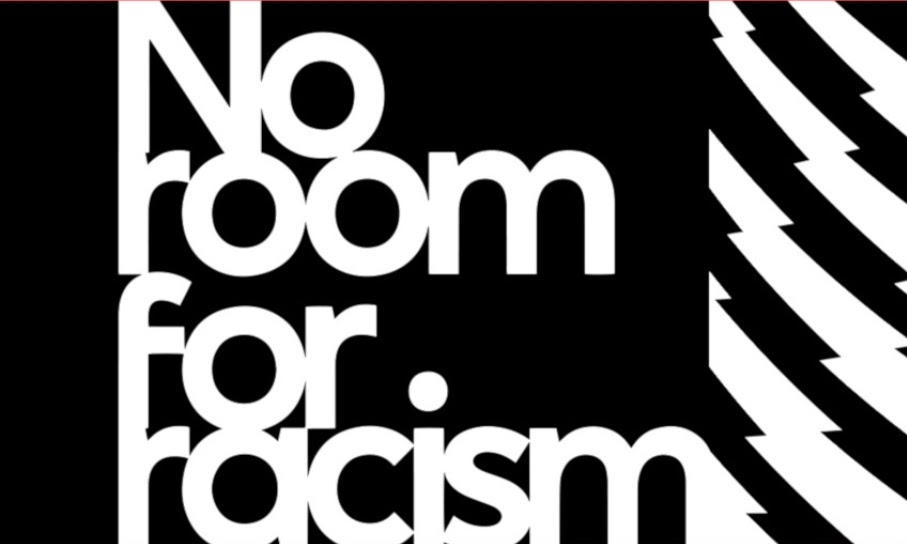8 of the most common penalties UK private landlords face:
Posted on 19th December 2023
QUICK SUMMARY:
- Failure to obtain proper licences and permits: Penalty - Unlimited fines, amount payable is at the court's discretion and has no ceiling.
- Tenant harassment: Penalty - Unlimited fines and possible imprisonment.
- Illegal renting: Penalty - £3,000 and, in serious cases, unlimited fines and a prison sentence.
- Illegal eviction: Penalty - Unlimited fines and possible imprisonment.
- Failure to meet current fitness for habitation standards: Penalty - Compensation for the tenant is at the judge's discretion.
- Breaches of required safety certification: Penalty - Fines of up to £30,000.
- Breaches of the Tenancy Fees Act: Penalty - £5,000 for the first offence and unlimited fine for reoffending.
- Failure to protect a tenant's deposit: Penalty - Up to 3 times the deposit amount.
DETAILED EXPLANATION:
- Failure to obtain proper licences and permits
Failing to obtain the correct licence is one of the common reasons for costly landlord fines. To avoid this fine, visit your local council’s website and research the required licences and permits in your area. Make sure you obtain them before you start renting out your property.
Look out for these licence fines:
HMO fines in the UK - If you fail to obtain an HMO licence when renting to more than 3 individuals from different households, you could be prosecuted in court. If convicted, you could face an unlimited fine. In addition, your tenants may be able to apply for a Rent Repayment Order for up to 12 months' rent, which means that you would have to pay back a portion of the rent you collected during the period that the property was unlicensed.
Selective licensing - Some local authorities require landlords to obtain a Selective license to rent out their properties in certain areas. If you fail to comply with the selective licencing scheme, you risk prosecution and unlimited fines.
- Illegal renting
Renting out a property to someone who does not have the legal right to rent in the UK is a serious offence that can result in significant penalties for landlords. Here's what can happen if a landlord rents illegally to someone who doesn’t have the right to rent:
- civil penalties: up to £3,000 per tenant. These penalties are issued by the Home Office and can be appealed if the landlord believes they have been issued incorrectly.
- criminal penalties: in serious cases, illegal renting can result in criminal charges, including fines and imprisonment. Landlords can face up to 5 years in prison and/or an unlimited fine for renting to illegal immigrants.
To avoid these penalties, you must ensure that your tenants have the legal right to rent in the UK. Always check the tenant's identity documents and take copies of them, ensuring they are genuine and up to date. Moreover, conduct regular checks to ensure that the tenant continues to have the right to rent in the UK.
- Illegal evictions
Landlords cannot illegally evict their tenants, for example, by changing the locks or physically removing them from the property. There’s a penalty for illegal eviction in the UK, and the tenant can apply to the court for compensation. Although there’s no maximum penalty, some landlords face illegal eviction penalties of £13,000 and even several years of imprisonment.
- Tenant harassment
In the UK, landlords who harass their tenants, for example, by entering the property without notice, refusing to carry out repairs or making threats, can be fined or even face imprisonment.
The penalty for harassment varies depending on the severity of the offence, but fines can range from several hundred to thousands of pounds. Imprisonment can range from several months to several years, depending on the offence.
- Not meeting current fitness for habitation standards
The fitness for habitation standards were introduced in 2019 to ensure that rental properties in England are safe, healthy, and free from hazards. These standards cover a range of issues, including sanitation, ventilation, heating, and lighting.
If a rental property does not meet these standards, the tenant can take legal action against the landlord and claim compensation. The amount of compensation awarded is at the discretion of the judge.
Regular inspections and maintenance can help ensure that the property remains in good condition and that any issues are addressed promptly. Failing to maintain your property, you risk becoming a ‘slum landlord’ or ‘slumlord’ and damaging your reputation.
- Breaches of required safety certification
As a landlord, it's important to ensure that your rental property is safe for your tenants to live in. Failure to address safety breaches can result in serious consequences, including legal action, landlord fines, and even criminal charges. Here are some common safety breaches that landlords should be aware of:
Fire safety breaches - Failure to comply with fire safety regulations can endanger tenants' lives and result in prosecution and potentially unlimited fines. Landlords must ensure that their properties have adequate smoke alarms, carbon monoxide detectors, and fire extinguishers, and that all electrical and gas appliances are regularly maintained and safe to use.
Electrical safety breaches - Electrical safety breaches can also result in significant fines of up to £30,000. Landlords must ensure that all electrical installations and appliances in their rental properties are safe and regularly maintained by a qualified electrician.
Minimum energy efficiency standard (MEES) regulations breach - Landlords must ensure that their properties have a minimum Energy Performance Certificate (EPC) rating, or they could face fines of up to £5,000, they may also be prohibited from renting out the property until you make the necessary improvements.
Landlords must ensure that their properties are properly insulated, have energy-efficient heating and hot water systems, and are fitted with energy-efficient lighting. They should also consider improving the property's energy efficiency, such as installing double-glazed windows to improve the EPC rating.
- Breaches of the Tenancy Fees Act
The Tenancy Fees Act prohibits landlords from charging tenants’ certain fees, such as for referencing or administration. The act also limits the amount for other fees, such as holding deposits. Landlords who breach the act may be fined up to £5,000 for the first offence and face an unlimited fine for reoffending within 5 years.
To avoid breaching the Tenancy Fees Act, landlords should ensure that they’re aware of the permitted fees and limits.
- Failure to protect a tenant deposit
Protecting a tenant's deposit is a legal requirement in the UK. Landlords must place the deposit in a government-approved tenancy deposit protection scheme within 30 days of receiving it. You must also return the deposit to the tenant at the end of the tenancy in accordance with the scheme's rules and regulations.
Failure to protect the deposit can result in fines of up to 3 times the amount of the deposit.
The UK Right 2 Rent Register
Web: www.theukright2rentregister.org
https://www.facebook.com/theukright2rentregister/


